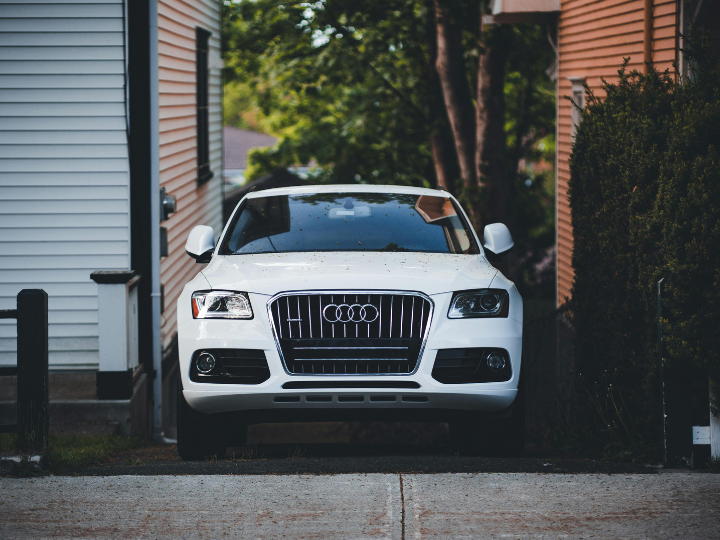Deciding between renting and buying a home is one of the biggest financial and lifestyle choices you can make. For Canadians, that decision often comes down to more than just monthly payments – it’s about autonomy, long-term planning, and the responsibilities that come with each option.
Whether you’re a first-time buyer or trying to decide if renting makes more sense right now, here’s a breakdown of the key differences to help guide your decision.
Cost: More Than Just Your Monthly Payment
Renting can seem more affordable at first glance, with lower up-front costs like a damage deposit and first/last month’s rent. However, rent payments don’t build equity, and in many Canadian cities, monthly rent has increased significantly in recent years – sometimes rivaling mortgage payments.
Buying requires a larger upfront investment, including a down payment (typically 5-20%), legal fees, appraisal costs, and land transfer taxes. However, monthly mortgage payments contribute to your ownership and can offer more long-term value, especially in growing markets.
Keep in mind that property taxes, maintenance, and unexpected repairs fall on the homeowner’s shoulders, so it’s important to budget for more than just your mortgage.
Autonomy and Flexibility
One of the biggest perks of homeownership is the ability to personalize your space. You can renovate, paint, landscape, and create a home that truly reflects you. It also comes with stability – no landlord can ask you to move when your lease is up.
Renting offers more flexibility. It’s ideal for those unsure about staying in one place or for people who want to avoid the long-term commitment (and responsibility) of owning. It’s also a great option while saving for a down payment or exploring new cities before settling down.
Required Documents and Approval Process
Buying a home means preparing for a more involved approval process. Mortgage lenders will require proof of employment, credit history, debt ratios, and possibly a mortgage stress test to qualify. It can be time-consuming, but also a necessary part of securing long-term financing.
Renting, on the other hand, is typically less demanding. Landlords often ask for credit checks, employment letters, and references, but the process is generally quicker and more flexible, especially in a competitive rental market.
Insurance Differences: What You’re Responsible For
Whether you rent or own, insurance is essential, but the type and amount of coverage will differ.
- Tenants Insurance (or renters insurance) is typically more affordable and covers your belongings, personal liability, and additional living expenses if you’re forced to leave due to an insured event. It does not cover the building—that’s the landlord’s responsibility.
- Home Insurance covers the structure, your belongings, personal liability, and potential rebuild costs in case of major damage. It also tends to be more comprehensive and more expensive, since you’re protecting both property and personal assets.
In either case, working with a broker can help you understand what’s included (and what isn’t) so you’re not caught off guard when you need it most.
What’s Right for You?
There’s no one-size-fits-all answer. If you’re focused on long-term investment, stability, and creative control, homeownership may be the right move. If you value flexibility, lower commitment, and the ability to adapt quickly to life changes, renting might make more sense for now.
Your financial readiness, lifestyle goals, and timeline will all play a role in the decision.
_
Whether you’re renting your first apartment or buying your dream home, the most important thing is to be informed. Understanding the full picture, from costs to insurance to lifestyle trade-offs, will help you make the best choice for your situation. Our team can walk you through coverage options that fit your life and your budget. Get in touch with our team to learn more, today.











